What is the best small car in Australia?
A simple question with a complex answer because like any segment of the car industry it doesn’t have a ‘one-size-fits-all’ option. Picking the best small car Australia has to offer isn’t as simple as looking at what’s in the showrooms.
The best small cars come in all shapes, sizes and at various costs - you can get a small sedan or hatchback and, of course, there’s also plenty of SUV-style models - and what these little cars lack in size they can often make up for in clever packaging and stylish cabins.
They also play different roles. For some buyers space will be the biggest factor, while for others it could be fuel efficiency or even performance. In this piece we’ll try and lay out for you the best options across a variety of sub-segments so you can get an idea of what you should look for.
CarsGuide.com.au has also done its share of small car comparison tests over the years, so be sure to check out those for more in-depth analysis of the strengths and weaknesses of
Best Value Small Car - Kia Picanto S
.jpg)
Obviously there are many ways to look at ‘value’ and certainly there are several models that we could put into this position. The Mazda3, Toyota Corolla and Hyundai i30 are consistently amongst the best-selling small cars for good reason. All three offer plenty of equipment for their asking price and good space and well-mannered driving dynamics.
But if we’re looking more closely at price as a measure of value, the cheapest small car Australia currently offers is the Kia Picanto S. It’s officially labelled a ‘micro car’ but at $15,990 (plus on-road costs) no other new car can match it for price.
Despite the low price it’s still well-equipped for its size and price, it comes with a 62kW 1.2-litre engine, autonomous emergency braking, wireless Apple CarPlay and Android Auto and an 8.0-inch multimedia touchscreen.
Safest Small Car - Skoda Fabia
.jpg)
Going by the industry-endorsed ANCAP rating system there are many small cars with the maximum five-star rating, but only four models currently on-sale in Australia are tested to the latest protocols.
The Skoda Fabia, Audi A3 and Cupra Leon are all five-star rated while the Citroen C4 only scored four-stars.
The Fabia proves you don’t need to spend big bucks to get a safe car. It scored above 70 per cent on all four of ANCAP’s key criteria - adult occupant protection, child occupant protection, vulnerable road user protection and safety assist.
It comes equipped with dual front, side and curtain airbags (but not a ‘centre airbag’ that deploys between the front passengers to avoid head clashes).
It also comes with autonomous emergency braking with pedestrian detection, lane keeping assist, lane departure warning and emergency lane keeping as standard.
Safety does come at a cost though, because the new-for-2022 Fabia is only available in a single, high-level specification with a starting price of $36,990 (plus on-road costs).
Most Family-Friendly Small Car - Kia Seltos

Yes, technically it’s an SUV, but the idea of a ‘small car’ is no longer just restricted to small sedans and hatchbacks. The Seltos (particularly when fitted with the 'Safety Pack') makes for an excellent small car for families.
It’s got a roomy back seat, with plenty of knee room and good headroom thanks to the SUV body-shape. There’s also a 493-litre boot for the models fitted with the space-saver spare, or 433L for those with a full-size spare.
The Seltos range begins at $27,290 for the S and runs up to $38,790 for the GT-Line.
If you want a more conventional small car for the family, the still relatively-new Hyundai i30 Sedan has a generous back seat and a 474L boot.
Most Fuel-Efficient Small Car - Toyota Yaris Hybrid
.jpg)
Not surprisingly for a car that in effect replaced the Toyota Prius C, the latest Yaris with a petrol-electric hybrid powertrain is the best fuel-sipper on the market.
It’s powered by a 67kW 1.5-litre three-cylinder petrol engine supported by a 59kW electric motor for a total output of 85kW.
Toyota claims the little Yaris consumes just 3.3-litres per 100km and on test we’ve got real-world returns of a still-impressive 4.0L/100km.
The Yaris SX Hybrid is priced from $29,130, with the better-equipped ZR Hybrid starting at $32,200.
If you want something a bit bigger but similarly frugal with fuel Toyota has you covered there, too, with the Corolla Hybrid. It has an official claimed combined cycle fuel economy rating of 4.2L/100km and we’ve seen 4.8L/100km on test.
Best Electric Small Car - Hyundai Kona Electric
.jpg)
When electric cars first came onto the scene they were typically small cars because that was seen as the most efficient and logical form. But these days electric cars come in all shapes and sizes.
In terms of the best small electric car in terms of price versus range, it’s hard to go past the Hyundai Kona Electric compact SUV. It offers up to 484km of driving between visits to the charger and starts at $54,500 (plus on-road costs) for the entry-level model.
In comparison, the Nissan Leaf small hatch is slightly cheaper, at $50,990, but only has a range of 270km. Or you can get the Leaf e+ which has a larger battery for a longer range of 385km, but the price is also bigger at $61,490.
Emerging Chinese brand BYD is threatening to shake-up the electric car market with more affordable models. It will begin with the new Atto3 small SUV priced from $44,381, which makes it the cheapest EV available in Australia in 2022.
Best Performance Small Car - Ford Fiesta ST

If there’s one segment of the small car market that’s still going strong despite all the chaos around it, it’s hot hatches. Brand’s including Ford and Hyundai have given up on mainstream affordable small cars in many instances. And in this case you better get in quick because Ford has discontinued the Fiesta ST, with enough stock to last until the end of 2022.
The Fiesta ST is perhaps the best example of packing as many driving thrills into the smallest car possible. While it’s now a five-door hatch instead of a three-door like its predecessor, the recently updated 2023 Fiesta ST is still a pint-sized pocket rocket.
Powered by a 147kW 1.5-litre turbocharged three-cylinder petrol engine and paired with a enthusiast-focused six-speed manual gearbox, this is a car designed for the driver.
Like so many cars in this segment the prices of the Fiesta ST have risen steeply in recent years though, now starting at $34,490.
But there are plenty of other cars that prove you don’t need a big car to have a huge smile on your face when you go for a weekend drive.
The Hyundai i20 N is a great little car, as are its bigger siblings the i30 N hatch, i30 Sedan N and Kona N. Over at Volkswagen Group there are plenty of choices too, from the VW Polo GTI, Golf GTI and Golf R to the Skoda Octavia RS and the newly-landed Cupra Leon, Formentor and Ateca.
Best Luxury Small Car - Audi A3

Just because you buy a compact car that doesn’t mean you can’t get something special. Over the last two decades luxury car brands like Audi, BMW and Mercedes-Benz have all expanded downwards to attract new customers and offer something new.
The likes of the BMW 1 Series, Mercedes A-Class and CLA-Class, as well as the expanded Mini range are all compact cars with a luxurious bent.
Our pick is the newest option at the moment, the latest generation Audi A3. This German small car is a stylish proposition and is available in either sedan or Sportback (Audi speak for a five-door hatch), which gives buyers more choice at a time when buyers demand it.
The new A3 range begins at $46,900 for the A3 Sportback 35 TFSI with 1.5-litre petrol engine and runs all the way north of $90k for the track-capable RS3 variants.


.jpg)

.jpg)
.jpg)
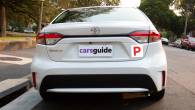

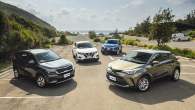
 copy.jpg)
.jpg)

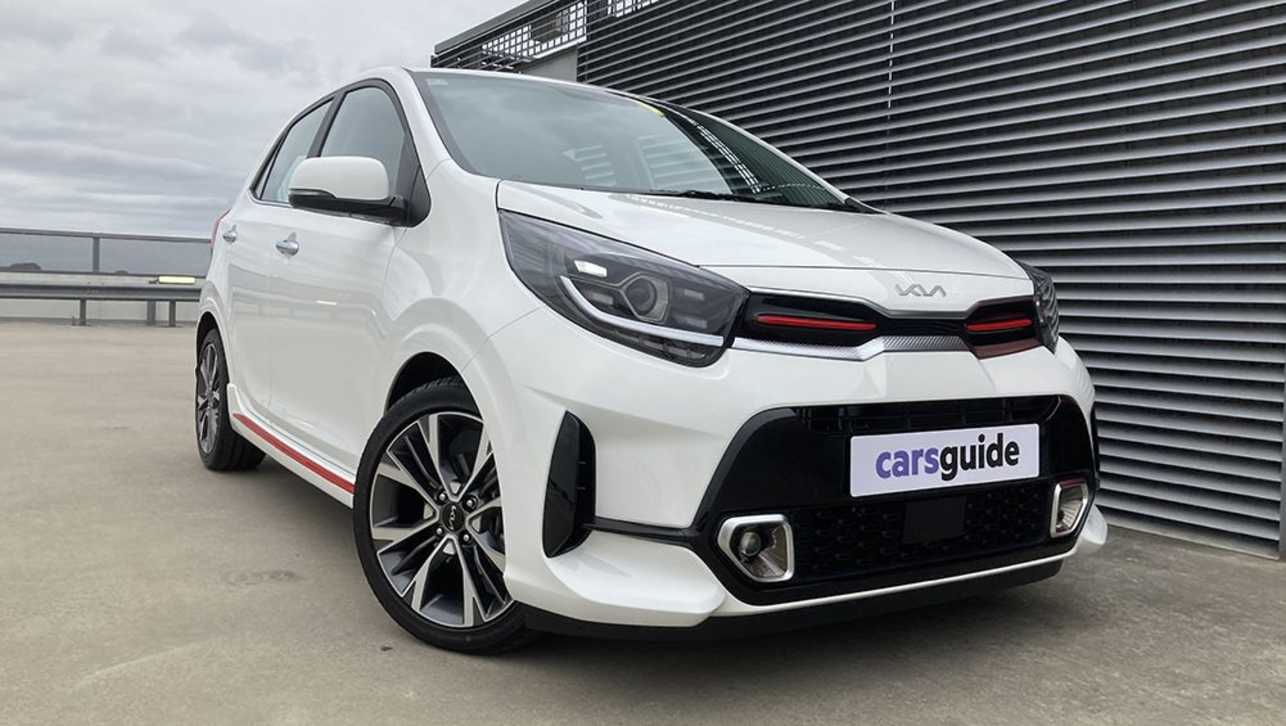
.jpg)
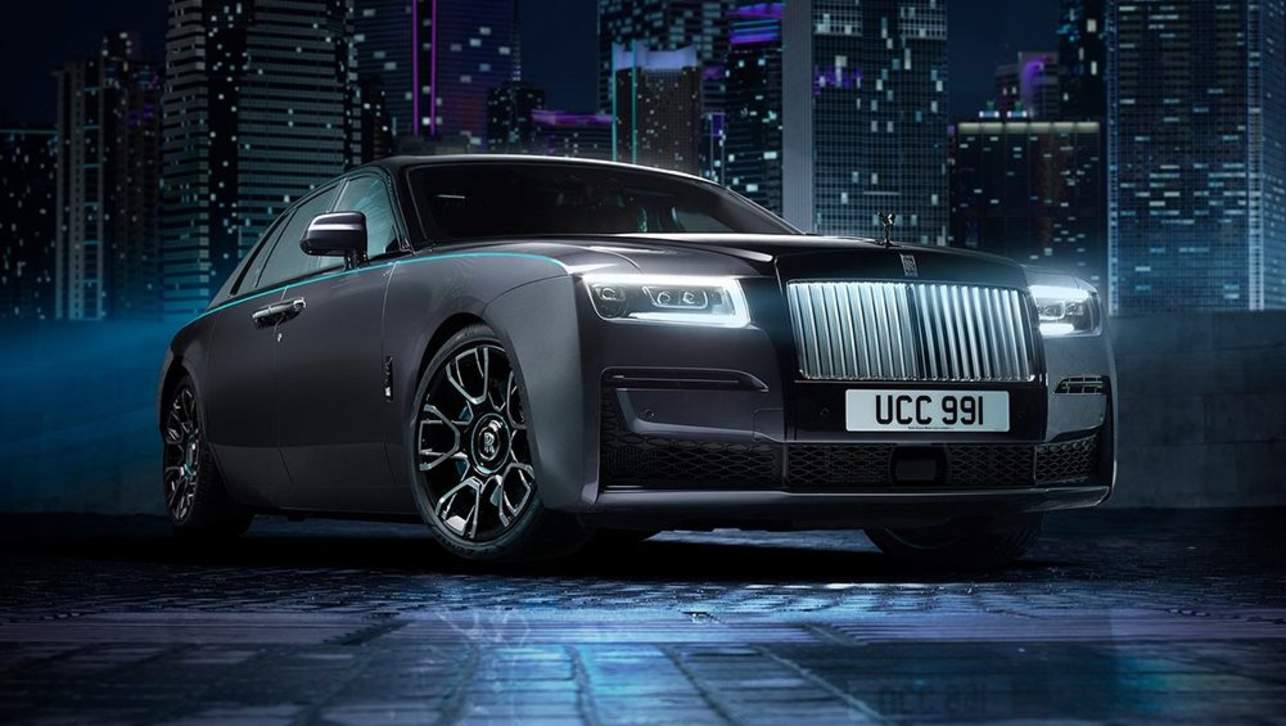
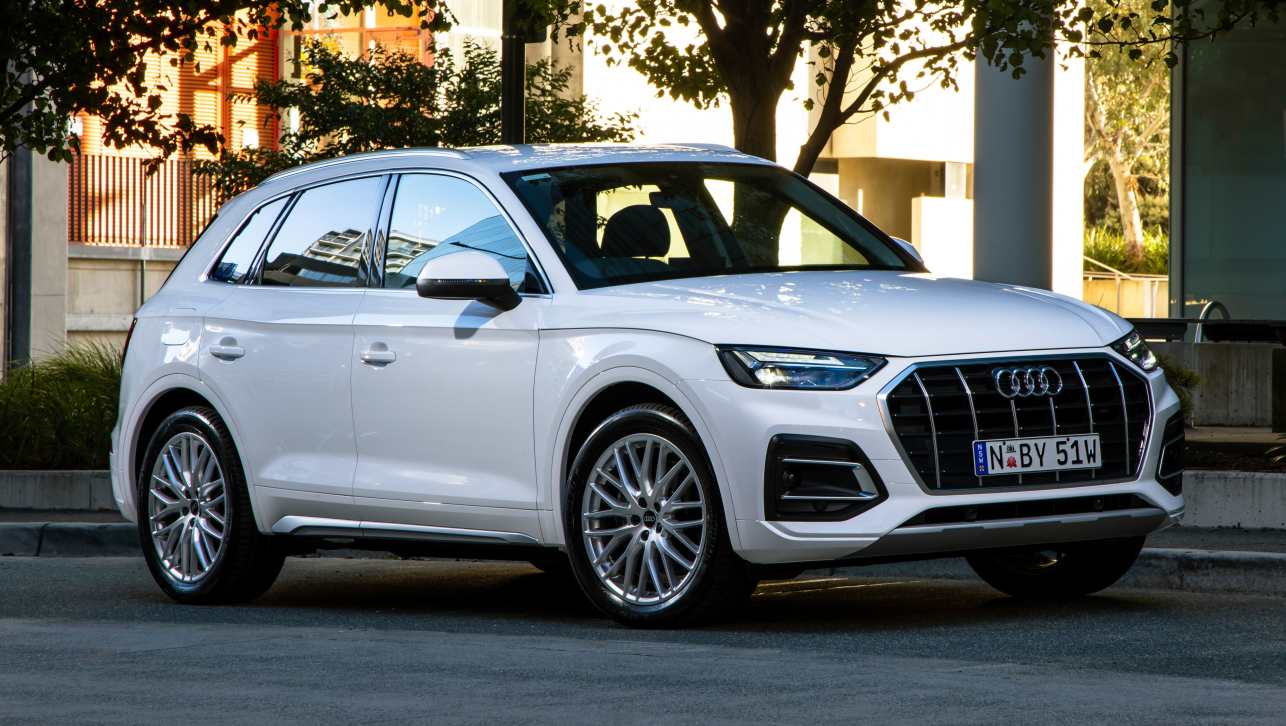
.jpg)
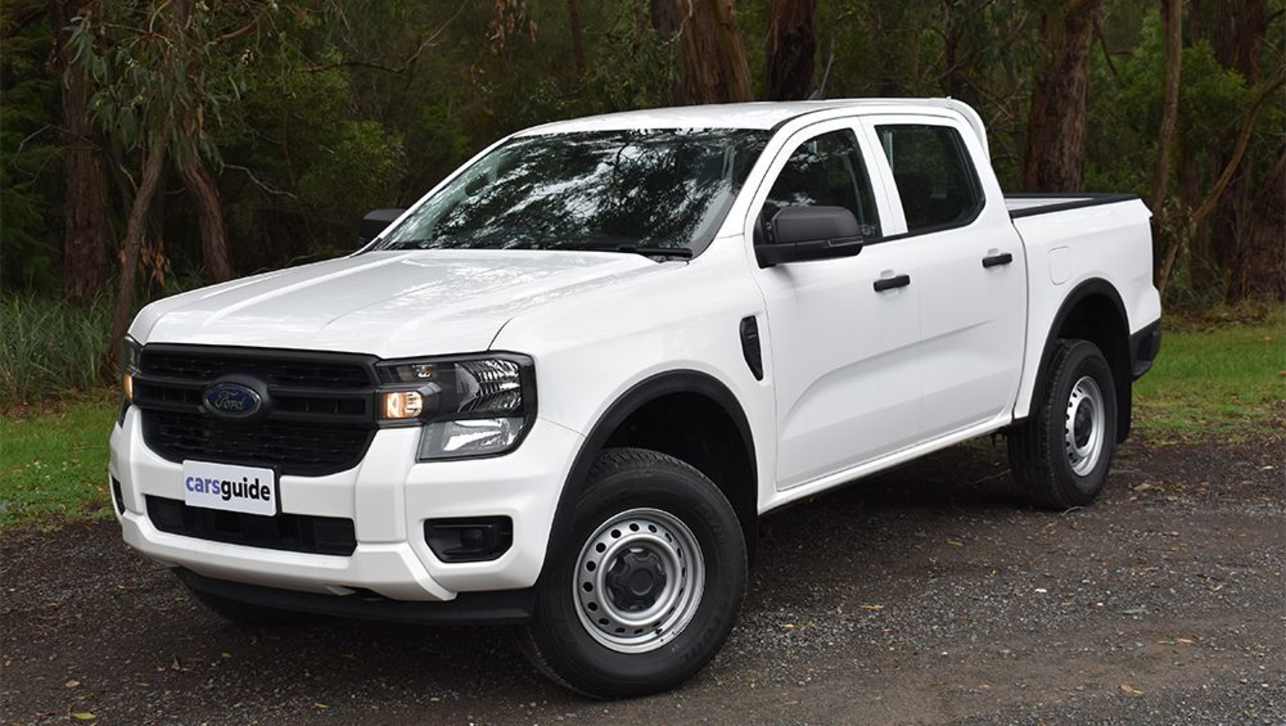



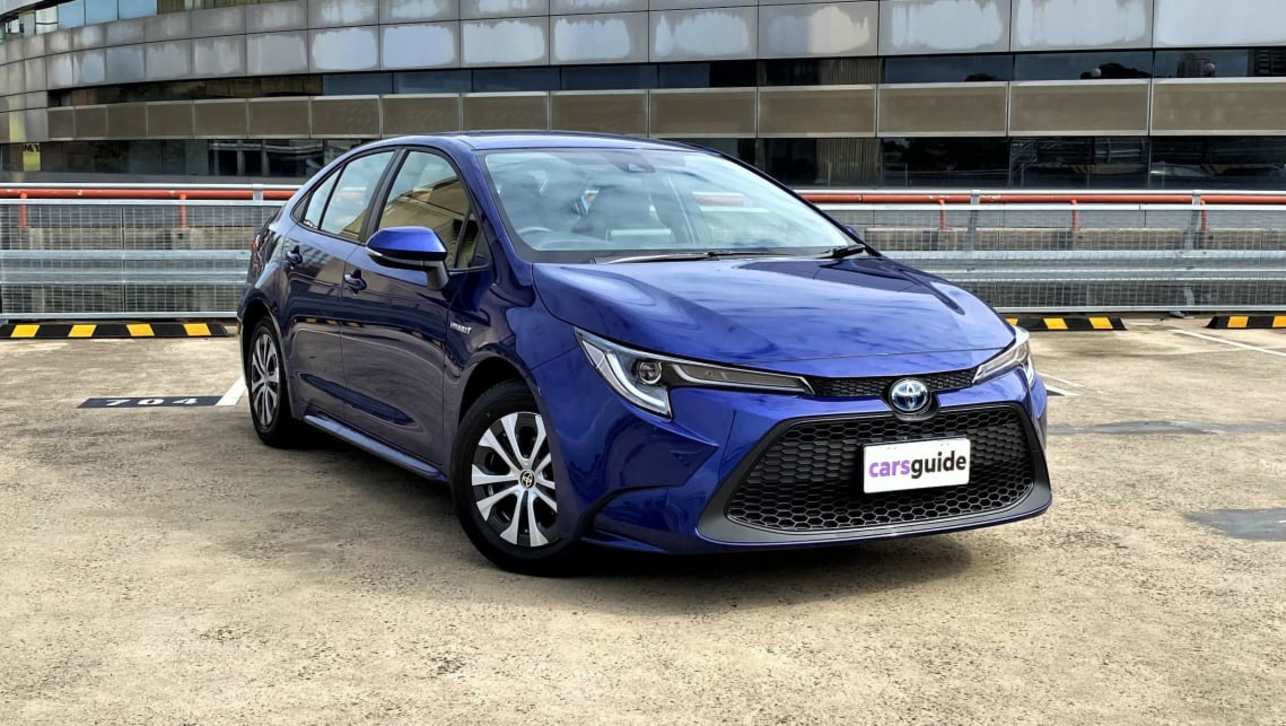
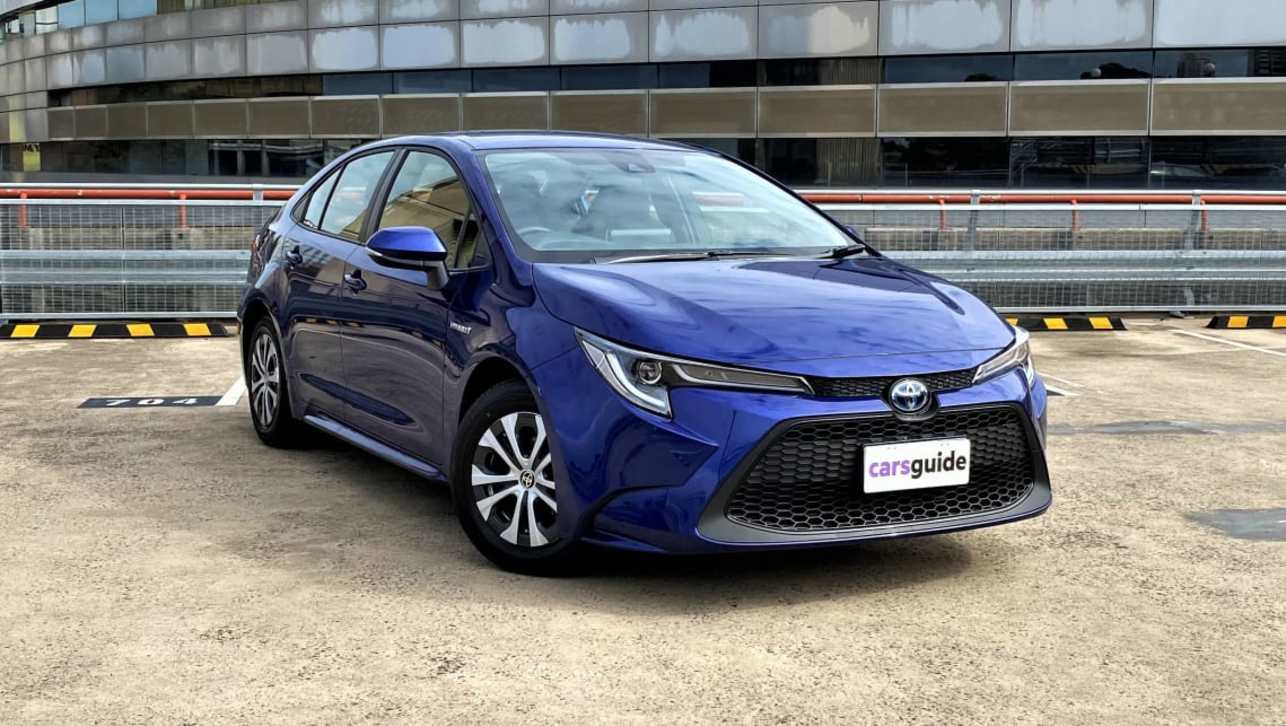
.jpeg)
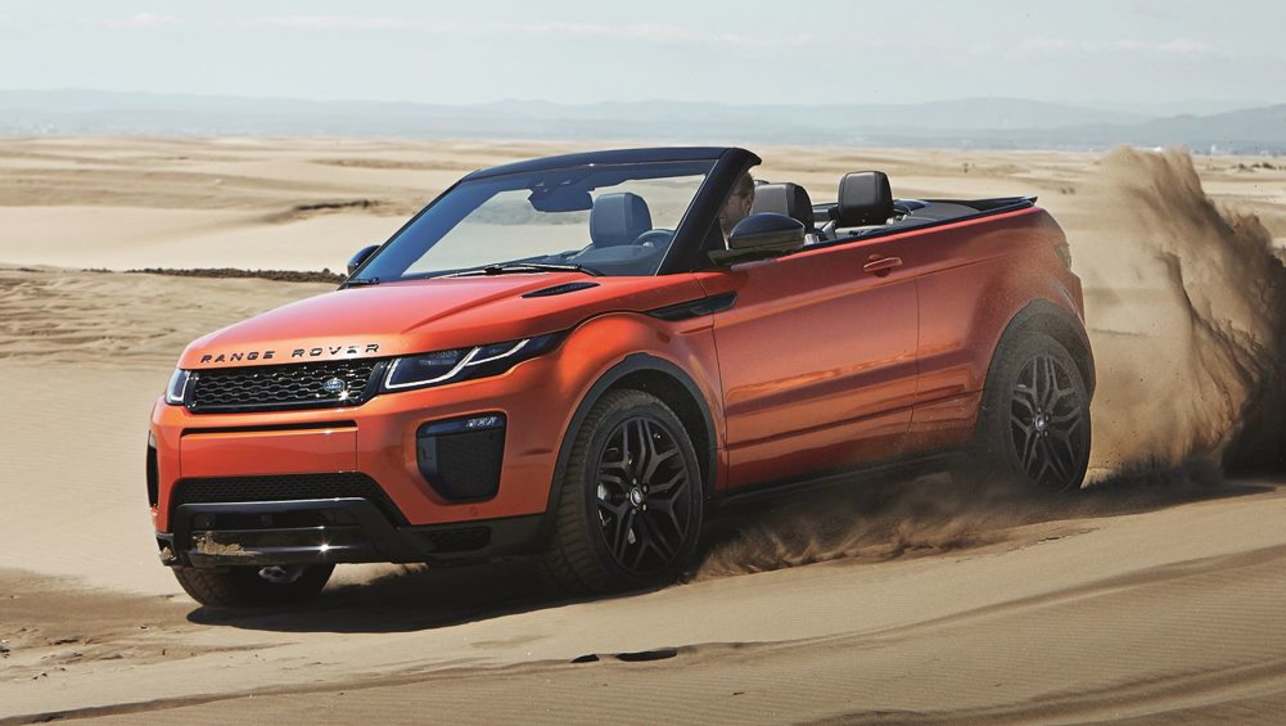

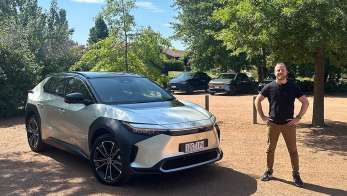

.jpg)
Comments